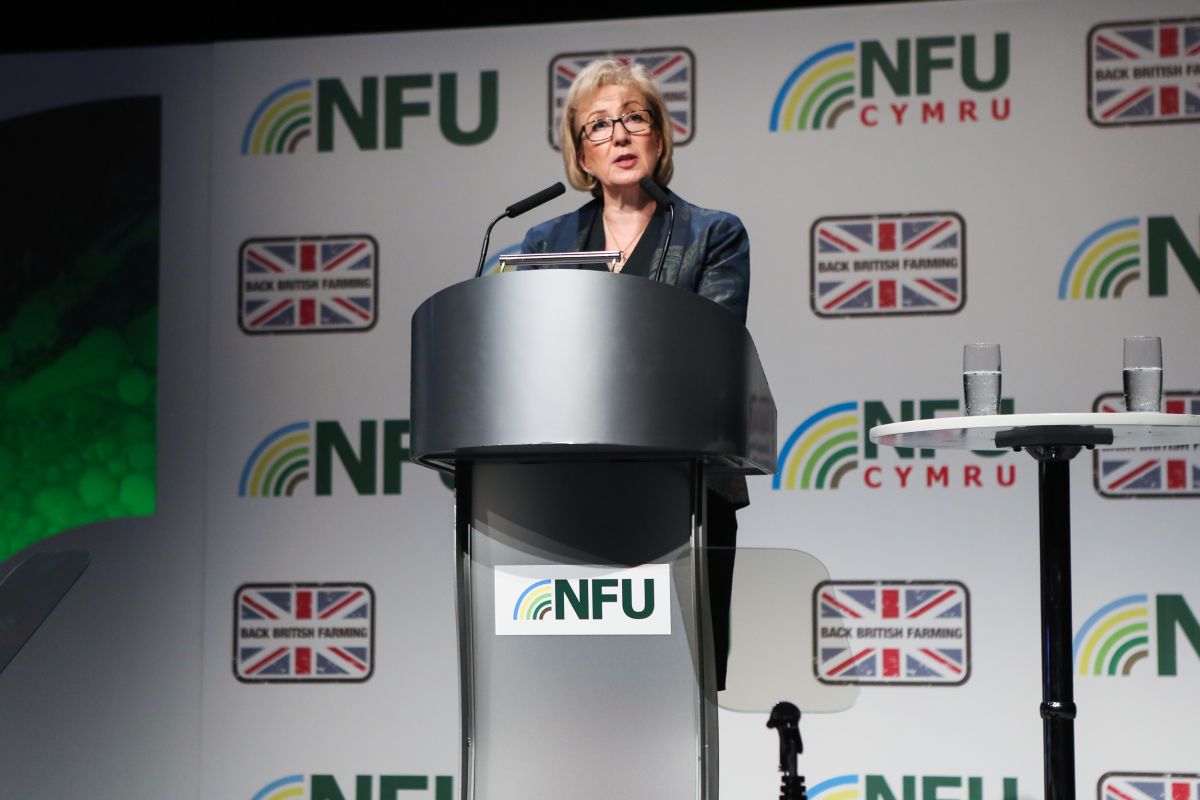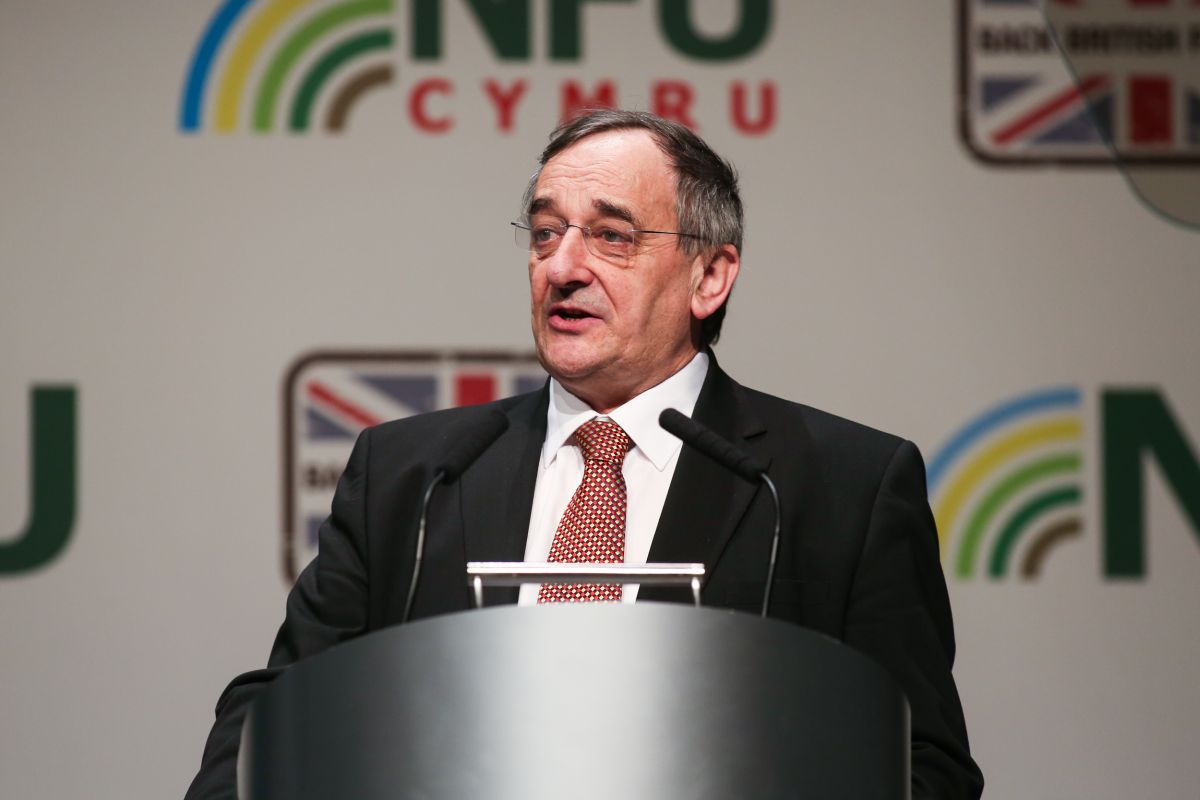
Environment Secretary Andrea Leadsom failed to commit to compensation for free range egg producers forced to continue housing their birds against bird flu after February 28.
However, she said she would look at what support she could provide.
Free range layers forced to be housed beyond the end of February will lose their free range status under EU regulations. Their eggs will be downgraded to barn.
The European Commission said it will make compensation available for producers whose eggs are downgraded, but said this would depend on the UK Government making an application for funds from the EU and also being prepared to pay half of any compensation payment.
It has been estimated that the losses to the country's free range egg producers could run into millions.
No entitlement
A spokeswoman for the Department for Environment, Food and Rural Affairs (Defra) told FarmingUK that compensation would not be available for producers despite what the Commission has said.
"Poultry keepers are not entitled to compensation for any consequential losses resulting from the housing or netting of their birds," she said.
However, during the National Farmers Union (NFU) conference in Birmingham, FarmingUK pressed the Environment Secretary about the issue.

Andrea Leadsom said: "In terms of the prospects for those who are forced to continue to house poultry for the good of the entire sector, we will be looking at what, if there is anything, we can do to help further support them in the weeks ahead."
She said: "We will always look at the opportunities that are there to support our industry."
Maximum of 12 weeks
EU regulations specify that free range birds can only be housed for a maximum on 12 weeks without losing their free range status. The 12 weeks are up in the UK on February 28.
Producers in Scotland and Wales have been told that their birds will be allowed out again after that date, although with strict bio-security arrangements in place.
In England, Defra has announced plans for a partial lifting of the housing order. It has designated a series of higher risk zones where producers will have to continue housing their birds or find a way of netting over the range. Some 25 per cent of the layer flock in England is in one of these zones.
Producers whose eggs are downgraded to barn could lose as much as 20 pence per dozen on their egg price, although some retailers have said they will continue to pay the full free range price.
Marks & Spencer was the first to do so. Waitrose has also said it will continue to pay the free range price to producers in higher risk areas.
'Continue supporting farmers'
NFU president Meurig Raymond told FarmingUK during his union's conference that the NFU had been urging retailers to continue supporting farmers who find themselves in the higher risk zones.
He said there had been a positive response: "We have written to all the major retailers where the farmers in the high risk areas may have to sell eggs as barn eggs rather than free range.
“We are trying to encourage those major retailers to hold on to the premiums that are available and not devalue those eggs that have been labelled as barn eggs. We have had some good favourable responses from the retailers," he said.
The European Commission confirmed that compensation would be made available during the possibility of extending the 12-week housing period after which free range birds must be downgraded.
Agriculture Commissioner Phil Hogan had come under pressure from farmers' leaders in a number of EU member countries to extend the 12 weeks to avoid free range egg producers having their eggs downgraded to barn.
Producers in the United Kingdom and other European states were ordered to lock their birds up to try to stop the spread of the highly pathogenic H5N8 virus.
'Expert advice'
Andrea Leadsom told FarmingUK that Defra had acted at all times on expert advice.
She said: "Let me be clear about avian influenza. The absolute goal is to make sure that we keep it out of this country as far as we possibly can.
"All of the steps we have taken have been guided very clearly by veterinary advice to make sure that we do all we can to prevent the spread of avian influenza.
"As things stand, our latest advice says that we should be able to change the housing restrictions to limit it to those who are in the higher risk areas i.e. those where wild birds tend to gather.
"What that will then mean is that those flocks will need to either continue to be housed or be outside under netting and with very strong bio-security measures and so on. This is absolutely in accordance with the best veterinary advice and risk assessments and also to protect our industry."
There have been at least eight H5N8 outbreaks in the United Kingdom in turkey flocks in Lincolnshire, on game units in Lancashire, a broiler farm in Suffolk and in two backyard flocks. The virus has also been found in wild birds across the country.
